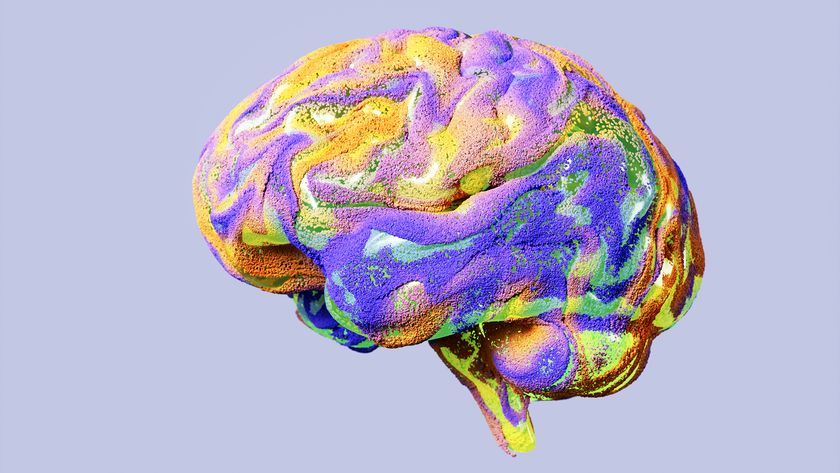
President's Budget Would Double Funding for BRAIN Initiative

President Obama's 2015 Budget proposes to double federal funding for the BRAIN Initiative from $100 million to $200 million.
The BRAIN Initiative (Brain Research through Advancing Innovative Neurotechnologies), launched in April 2013, is a collaborative effort between government agencies and industry to revolutionize the understanding of the human brain.
Under the proposed budget, released Tuesday (March 4), the National Institutes of Health (NIH) will contribute an estimated $100 million to the effort; the Defense Advanced Research Projects Agency (DARPA) will invest $80 million; and the National Science Foundation (NSF) will provide another $20 million.
"So there is this enormous mystery waiting to be unlocked, and the BRAIN Initiative will change that by giving scientists the tools they need to get a dynamic picture of the brain in action and better understand how we think and how we learn and how we remember," Obama said in April 2013.
The NIH plans to develop a "toolbox" of technologies to map the brain's circuitry, measure activity in brain circuits and probe how these circuits lead to unique human cognition and behavior.
DARPA will continue to develop memory prostheses as part of an effort called Restoring Active Memory, to create medical devices that measure and stimulate neurons to ease the symptoms of diseases such as PTSD and depression, a project called Systems-Based Neurotechnology for Emerging Therapies (SUBNETS); and to develop prosthetic limbs that would restore control and sensation to amputees, known as Prosthetic Hand Proprioception and Touch Interfaces (HAPTIX).
The NSF will focus on three main areas: interdisciplinary research; new theories, models and tools to guide research; and technologies to handle huge amounts of new data. The NSF has already provided $25 million in funding to an MIT research center for "Brains, Minds and Machines," as well as funding to support scientific collaborations.
Sign up for the Live Science daily newsletter now
Get the world’s most fascinating discoveries delivered straight to your inbox.
Follow us @livescience, Facebook & Google+. Original article on Live Science.












